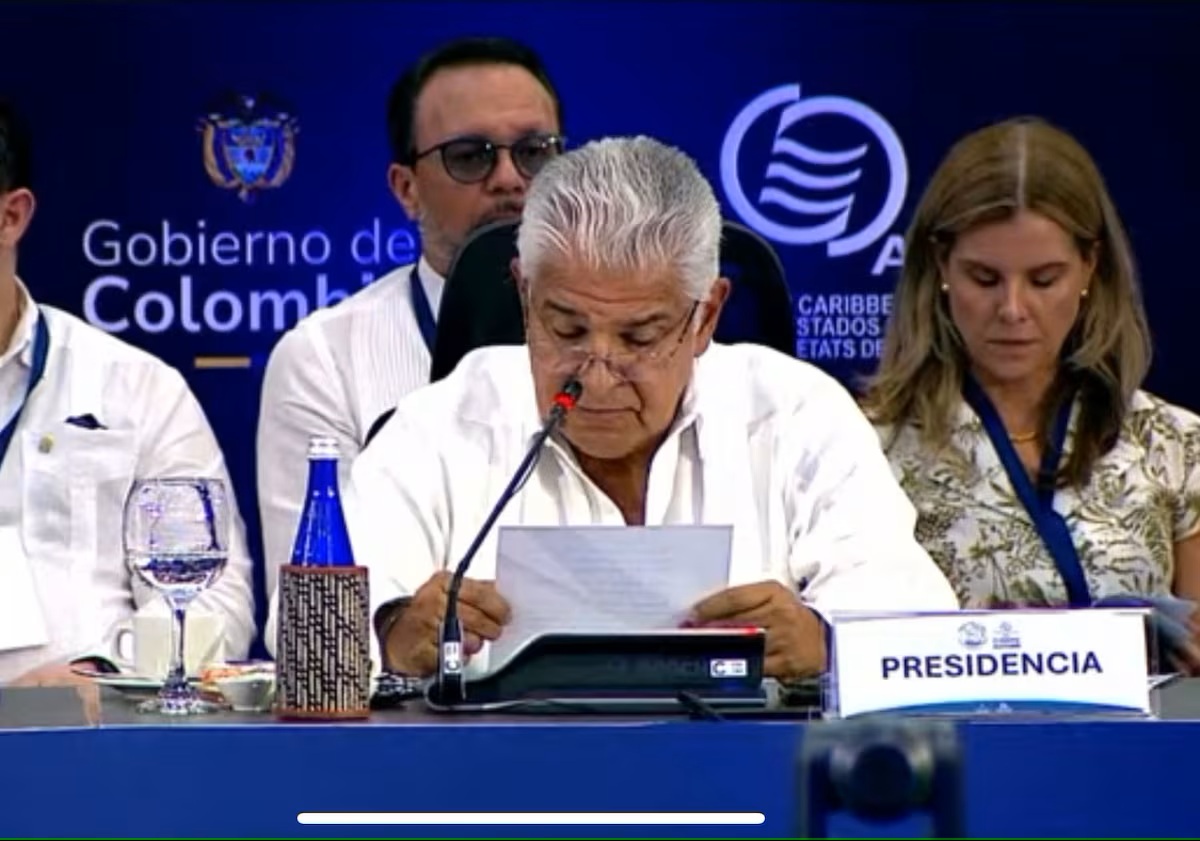Raccoon dog could be the source of covid – WHO

The World Health Organization (WHO) group of experts investigating the origin of the coronavirus that causes covid-19 raised the possibility that the raccoon dog, an animal that was sold in the Wuhan market where the pandemic began, was key in the transmission of the pathogen to humans.
Recently revealed data from laboratory samples taken in the market indicate a strong presence of DNA from the animal, and photos of the Huanan market in Wuhan (central China) prove that its meat or derived products were sold in stalls, a statement from the organization based in Geneva.
“Although this is not conclusive evidence about the intermediate or original hosts of the virus, the data shows the presence of animals that could have been the source of infections in humans,” said the experts of the Scientific Advisory Group on the Origins of New Pathogens of WHO (SAGO).
The data was drawn from analyzes by the China Center for Disease Prevention and Control (CDC), which were published on an open-access scientific platform in January but whose texts were removed when European experts discovered, studied, and reported their findings to the WHO.
According to SAGO, these data indicated that none of the 457 direct analyzes of samples from 18 animal species on the market tested positive for the SARS-CoV-2 coronavirus that causes covid-19, but they were identified in environmental mitochondrial DNA samples. of the aforementioned raccoon dog, a canid related to foxes.
Other animals whose DNA was discovered in environmental samples from the market and which according to the WHO could be susceptible to transmitting the coronavirus are the Malaysian porcupine and the bamboo rat, according to their statement.
“SAGO strongly recommends that researchers in China investigate the sources of the animals and animal-related products present in the Huanan market before it was closed on January 1, 2020,” the WHO expert group concluded.
Experts from SAGO, the CDC, and others who had access to them when they were published online held several meetings over the past seven days to discuss the results of these investigations, in which China has once again shown opacity by not sharing them directly with the WHO.





